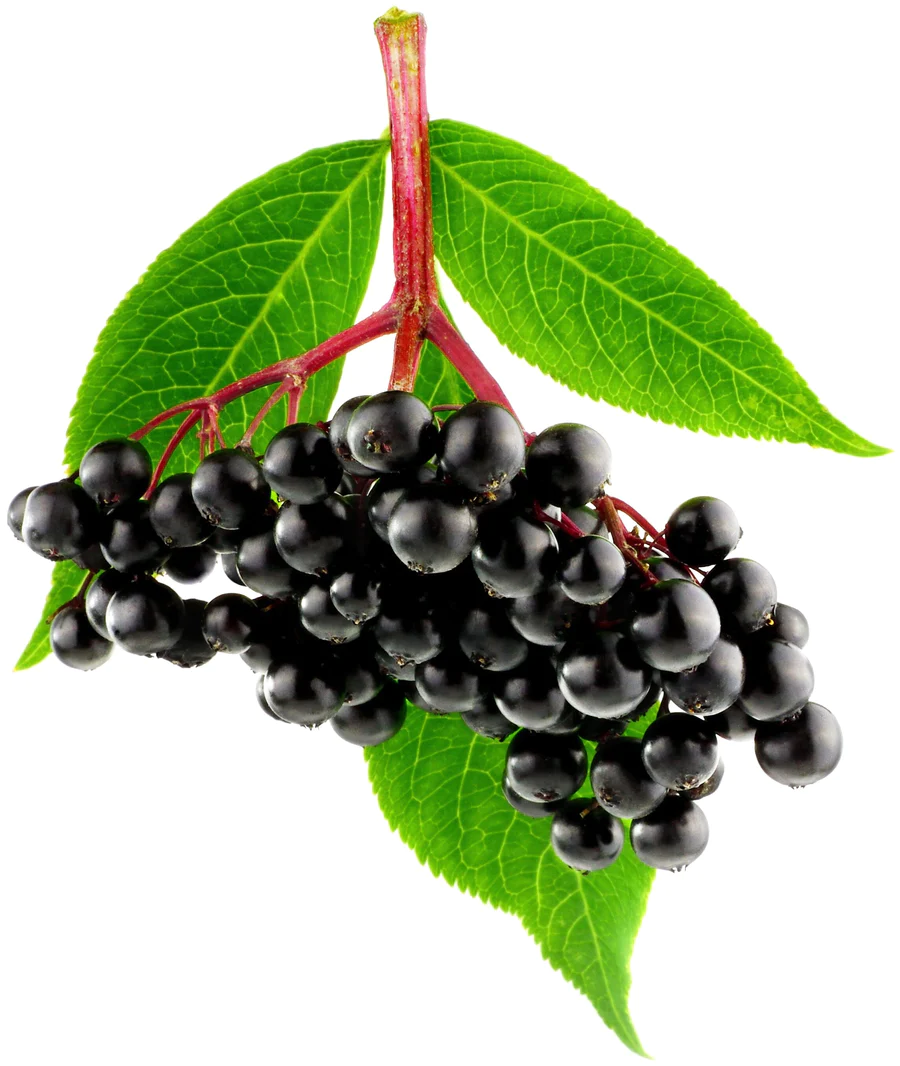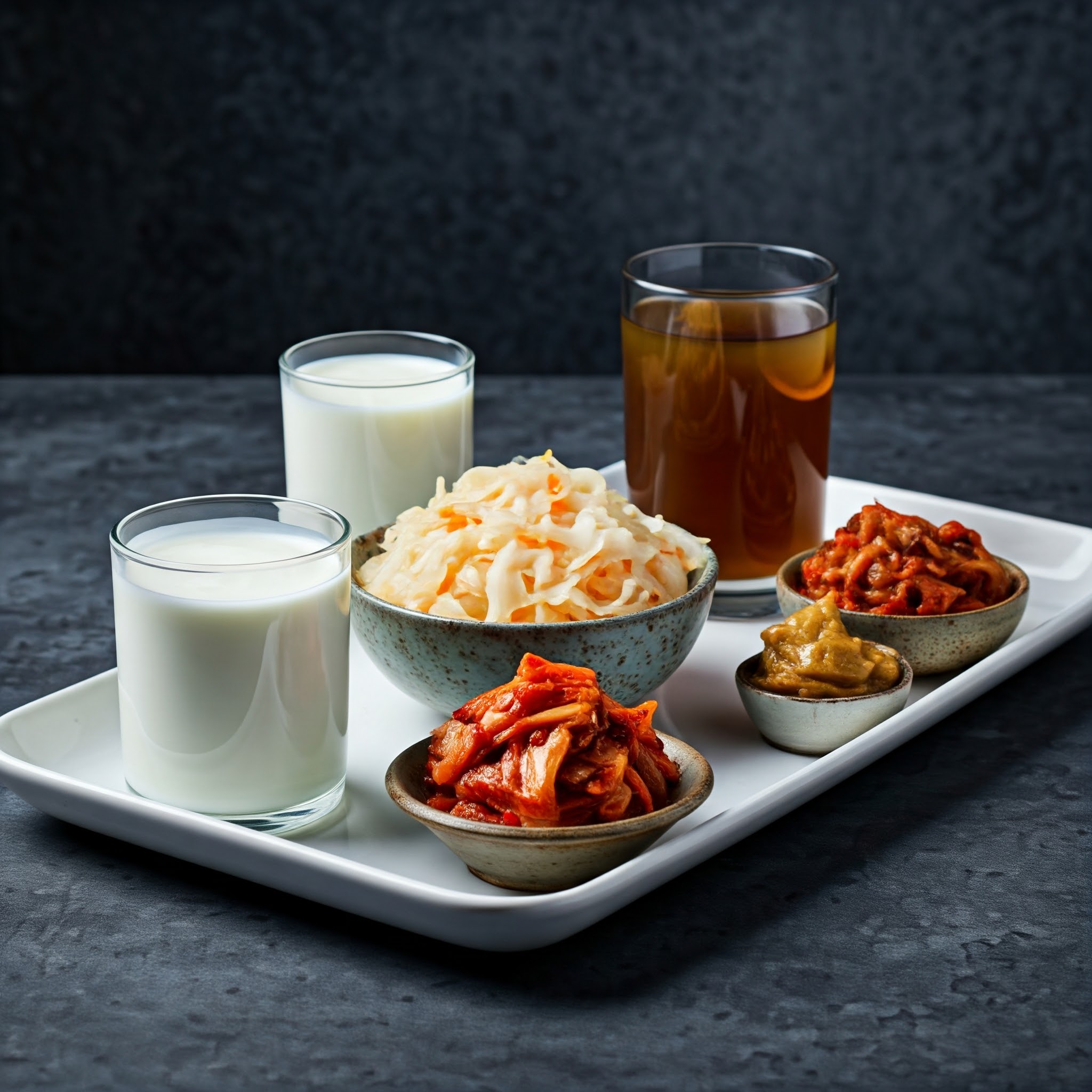
Elderberry Syrup: Health Hero or Tasty Treat?
Elderberry syrup has become a household name, touted as a natural remedy for colds, flu, and immune support. But does it live up to the hype? Or is it just a sweet indulgence dressed up as a health elixir? Let’s dive into the science, history, and process behind elderberry syrup to uncover the truth.
In this article we are going to take a closer look at why it is that Elderberry has the reputation it has as a soothing supplement for many things that ails you.
You may be surprised with what we find.

The Origins of Elderberry
Elderberries come from the Sambucus genus, with the most commonly used variety being Sambucus nigra, or European elder. Native to Europe, North America, and parts of Asia, elderberries grow on small, deciduous trees that thrive in sunny, temperate climates. These trees produce clusters of white flowers (elderflowers) in spring, followed by deep purple berries in late summer or early fall.
For centuries, elderberries have been revered for their medicinal properties. Ancient Egyptians used elderberry extracts for improving complexion and healing burns, while Native American tribes incorporated the berries and flowers into remedies for fevers and infections.
What Makes Elderberry So Special?
Elderberries are packed with nutrients, including vitamins A and C, antioxidants, and dietary fiber. But what really sets elderberries apart is their high concentration of anthocyanins—powerful compounds that give the berries their dark purple hue and have been linked to numerous health benefits.
Immune-Boosting Potential
One of the most widely recognized benefits of elderberry is its potential to support the immune system. Several studies have suggested that elderberry extract can reduce the severity and duration of cold and flu symptoms.
- A 2004 study published in the Journal of International Medical Research found that patients with influenza who took elderberry extract recovered four days faster than those who took a placebo.
- Another 2019 meta-analysis in Complementary Therapies in Medicine concluded that elderberry supplementation significantly reduced upper respiratory symptoms compared to a placebo.
The mechanisms behind these effects are still being explored, but scientists believe that elderberry’s antioxidants and bioflavonoids may help inhibit the replication of viruses and boost the production of immune system molecules like cytokines.
Anti-Inflammatory and Antioxidant Effects
Elderberries’ anthocyanins are known for their antioxidant properties, which help neutralize harmful free radicals in the body. This can reduce inflammation, support heart health, and protect cells from oxidative stress that contributes to aging and chronic diseases.
Digestive Health
Rich in dietary fiber, elderberries can also support a healthy digestive system by promoting regular bowel movements and feeding beneficial gut bacteria.
Caution: Not All Elderberries Are Safe
Before you start munching on raw elderberries, it’s important to note that they contain small amounts of cyanogenic glycosides—compounds that can release cyanide in the body. While cooking elderberries destroys these toxins, consuming raw berries, leaves, or bark can lead to nausea, vomiting, or even more serious symptoms. Always process elderberries properly before using them.
Harvesting and Processing Elderberries
Elderberries are typically harvested when they are fully ripe, appearing dark purple or black. If you’re foraging for elderberries, ensure you correctly identify the plant, as some lookalikes can be toxic.
Processing Elderberries into Syrup
Making elderberry syrup at home is relatively simple and ensures you control the quality of the ingredients. Here’s a basic recipe:
- Ingredients:
- 1 cup of fresh or dried elderberries
- 4 cups of water
- 1 cup of honey (adjust to taste)
- Optional: Cinnamon sticks, ginger, and cloves for added flavor and benefits
- Instructions:
- Combine the elderberries, water, and optional spices in a pot.
- Bring to a boil, then reduce the heat and simmer for about 45 minutes, or until the liquid reduces by half.
- Strain the mixture through a fine mesh sieve or cheesecloth, pressing the berries to extract all the juice.
- Allow the liquid to cool slightly, then stir in the honey.
- Store in a sterilized glass jar in the refrigerator for up to a month.
Elderberry syrup can be taken daily as a preventative measure or increased to multiple doses during illness.
Is It a Health Hero or Just a Tasty Treat?
Elderberry syrup undoubtedly boasts scientifically backed health benefits, particularly for immune support. Its rich nutrient profile and antioxidant properties make it a valuable addition to your wellness routine. However, it’s also undeniably delicious—its sweet, tangy flavor pairs beautifully with pancakes, yogurt, or a warm cup of tea.
While elderberry syrup is no miracle cure, it can complement a healthy lifestyle, offering both taste and nutrition. To get the most out of it, choose high-quality syrups with minimal added sugars or make your own to ensure purity.
Final Thoughts
Elderberry syrup bridges the gap between functional medicine and culinary delight. Whether you’re using it to ward off a cold, boost your antioxidant intake, or simply sweeten your day, this ancient remedy has earned its place in modern wellness.
So, is elderberry syrup good for you or just a tasty treat? The answer is simple: Why not both?


